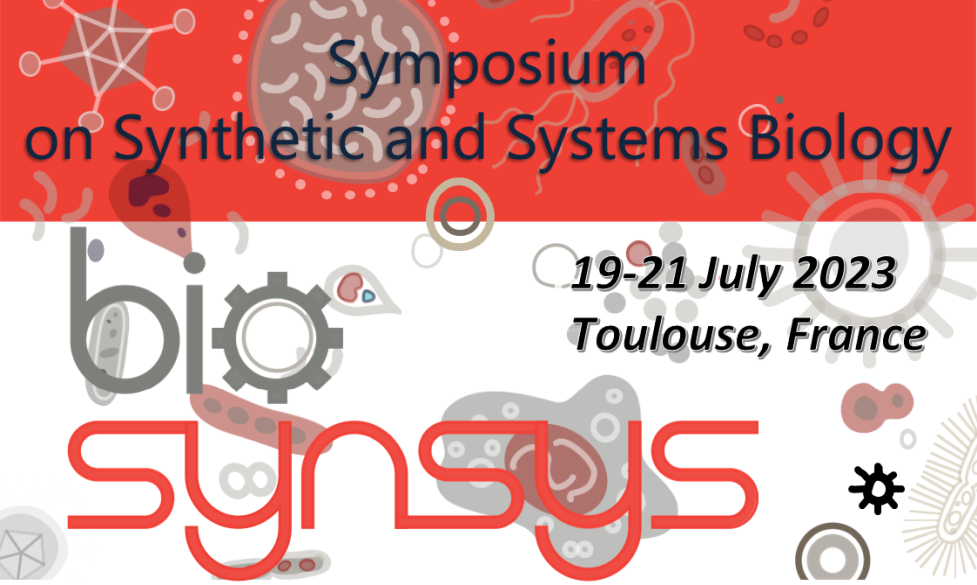Developing ways to use novel substrates for bioproduction of value-added products is one of the cornerstones of biotechnology. One promising biotechnological feedstock is methanol, a highly reduced C1 substrate which can be sustainably produced from CO2. Several attempts have been made to engineer synthetic methylotrophic E. coli strains through the introduction of existing or newly built methanol assimilation pathways, coupled with adaptative evolution-based approaches to improve growth rates. However, in natural systems selection and utilisation of different carbon sources are controlled by complex systems such as transcriptional regulation, which allows cells to deploy well defined processes to adapt its metabolism in response to stimuli. Transcriptional regulators are proteins able to recognize molecules such as carbon sources and bind specific DNA sequences to modulate gene expression accordingly. E. coli does not recognize methanol as a carbon source and therefore no regulatory systems are in place to coordinate metabolism and supply the intermediary metabolites necessary for an efficient growth even when methylotrophic pathways are functional. We propose to address this question by building chimeric transcriptional regulators through the combination of protein domains originating from different native E. coli regulators that can control gene expression and respond to intermediates of a methanol assimilation pathway (IMAP). The obtained results provide the first evidence that these chimeric regulators are functional, and constitute a viable and promising strategy to build a synthetic regulatory network to improve methanol assimilation.

|
|
|
|
Chimeric transcriptional regulators to improve non-native substrate assimilation
1 : INRAE Toulouse Biotechnology Institute
|
 PDF version
PDF version
